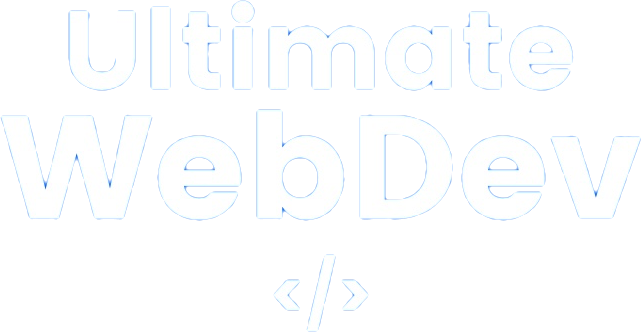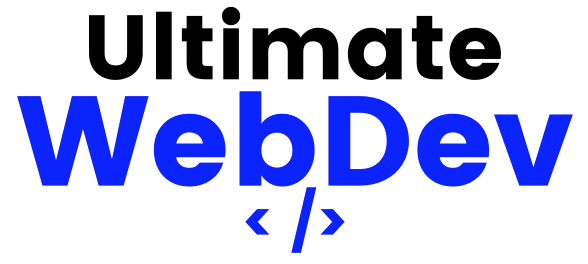PHP Variables
Variables are a fundamental concept in PHP and most programming languages. They serve as containers for storing and managing data within a script. In PHP, variables enable you to work with various types of information, from numbers and text to complex data structures.
Defining PHP Variables
In PHP, you can create a variable by using the $ symbol followed by a variable name. Variable names are case-sensitive, meaning $myVar and $myvar are considered distinct variables.
$age = 30; // Defines a variable called "age" with a value of 30
$name = "John"; // Defines a variable called "name" with the value "John"
Variables can store various types of data, including numbers, strings, booleans, arrays, objects, and more.
Naming Conventions
When naming variables in PHP, it’s essential to follow certain naming conventions to write clean and maintainable code. Here are some widely accepted practices:
Descriptive Names: Choose variable names that reflect their purpose or content. For example, use
$usernameinstead of$ufor storing a user’s name.Camel Case: Use camel case for variable names, where the first word starts with a lowercase letter, and subsequent words are capitalized. For example,
$firstName,$lastName.Avoid Special Characters: Variable names should consist of letters, numbers, and underscores. Avoid using spaces or special characters, except for underscores.
Case Sensitivity: Remember that PHP variable names are case-sensitive.
$myVarand$myvarare treated as different variables.Reserved Words: Avoid using PHP’s reserved words (e.g.,
if,while,echo) as variable names, as this can lead to unexpected behavior.
Data Types
PHP is a loosely typed language, meaning you don’t need to declare the data type of a variable explicitly. PHP determines the data type based on the value assigned to the variable. Common data types in PHP include:
Integer
$age = 30;
Integers are used for whole numbers, both positive and negative.
Float (Floating-Point)
$price = 19.99;
Floats are used for numbers with decimal points.
String
$name = "John";
Strings are used for text data. They can be enclosed in single (') or double (") quotes.
Boolean
$isStudent = true;
Booleans represent true or false values.
Array
$colors = array("red", "green", "blue");
Arrays allow you to store multiple values in a single variable.
Object
Objects are instances of user-defined classes and can contain both data (properties) and methods (functions).
Null
$variable = null;
The null data type represents the absence of a value.
Resource
Resources are special variables that hold references to external resources, such as database connections.
Callable
Callable types allow you to store functions and methods for later execution.
Variable Scope
Variable scope defines where in your code a variable is accessible or usable. PHP has three primary variable scopes:
Local Scope
Variables defined within a function have local scope and are only accessible within that function. They are destroyed when the function exits.
function myFunction() {
$localVar = "I am local";
echo $localVar;
}myFunction(); // Outputs: I am local
echo $localVar; // Generates an error – $localVar is not defined here.
Global Scope
Variables defined outside of functions have global scope and can be accessed from anywhere in the script.
$globalVar = "I am global";
function myFunction() {
global $globalVar; // Use the ‘global’ keyword to access global variables within functions
echo $globalVar;
}
myFunction(); // Outputs: I am global
echo $globalVar; // Outputs: I am global
However, it’s considered best practice to minimize the use of global variables to maintain code clarity and prevent unintended side effects.
Static Scope
Static variables are declared within a function but retain their values between function calls.
function counter() {
static $count = 0;
$count++;
echo $count;
}counter(); // Outputs: 1
counter(); // Outputs: 2
Static variables are useful for situations where you need to maintain state across multiple calls to a function.
Best Practices for Using Variables
Descriptive Names: Choose variable names that clearly convey their purpose to enhance code readability.
Initialize Variables: Always initialize variables before using them to avoid unexpected behavior.
Avoid Global Variables: Minimize the use of global variables as they can make code less maintainable and harder to debug.
Use Constants: When a value should not change throughout the script, consider using constants (defined using
define()) instead of variables.Type Casting: Be aware of implicit type conversions when working with different data types. Explicitly cast variables when needed to ensure correct behavior.
Scope Awareness: Understand variable scope and avoid naming conflicts between local and global variables.
Documentation: Use comments to document the purpose and usage of variables, especially in complex or collaborative projects.
In conclusion, understanding PHP variables is crucial for building dynamic and interactive web applications. By following naming conventions, managing data types, and being mindful of variable scope, you can write clean, maintainable, and efficient PHP code. Proper variable usage enhances code readability and helps prevent common programming errors.

